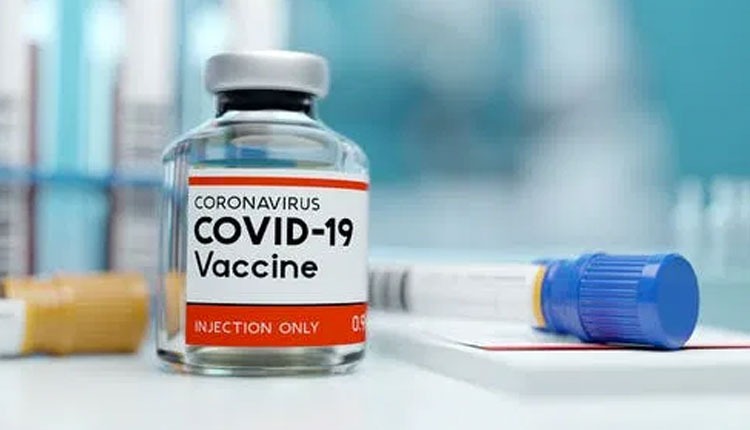The drug regulator’s subject expert committee (SEC) has recommended doing away with the “clinical trial mode” for Bharat Biotech’s anti-Covid vaccine Covaxin.
It has recommended that vaccine should be used for regular emergency use authorisation.
Doing away with the clinical trial mode means the vaccine can be administered without an informed consent from the recipient and also removal of compensation provision in case of adverse event under the clinical trial protocol.
This, however, does not mean there will be no compensation for an adverse event, but it will be under a different set of rules.
Once the proposal gets a final nod from the Drugs Controller General of India, Bharat Biotech will have to make relevant changes to its fact-sheet and protocol.
The SEC’s recommendations are based on interim findings from Phase 3 trials of Covaxin which showed that the vaccine had an efficacy of 80.6%. A more detailed study based on Phase 3 trials is awaited.
Removal of the “clinical trial mode” is expected to increase acceptance of Covaxin.
Bharat Biotech collaborated with ICMR to develop Covaxin vaccine.
Covaxin is also the first vaccine to have come out with Phase 3 data locally. The vaccine based on whole-inactivated virus also has higher chances to be effective against mutations, experts say.
Both Bharat Biotech’s Covaxin and Serum Institute of India’s Covishield, developed by Oxford University and AstraZeneca, were given emergency use authorisation for restricted use in January.
Apart from its efficacy and safety, Covaxin also has other advantages. For instance, it is stable at 2-8 degree Celsius – which is normal refrigerator temperature. It also comes in a ‘ready to use’ liquid formulation that allows distribution using the existing cold chain and supply machinery.
While Covishield’s interim efficacy data from outside India was considered for its approval, Covaxin was criticised as the drug regulator allowed it for emergency use under “clinical trial mode” based on Phase 1 and 2 data.
The Phase 3 results of Covaxin showing nearly 81% is being seen as a major validation of the scientific process and regulatory decision-making while granting emergency use authorisation.











